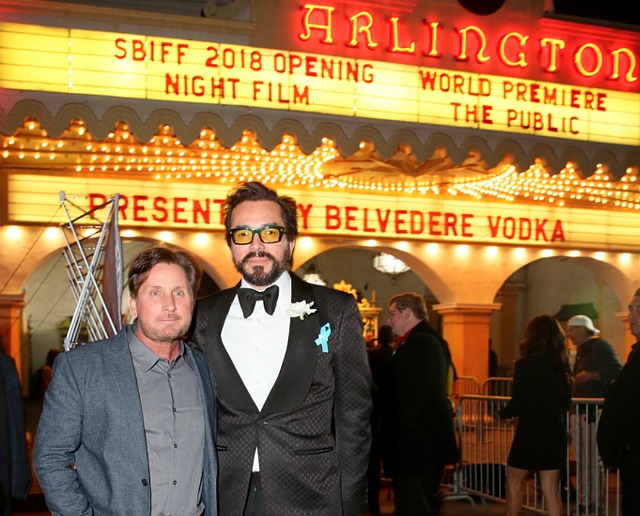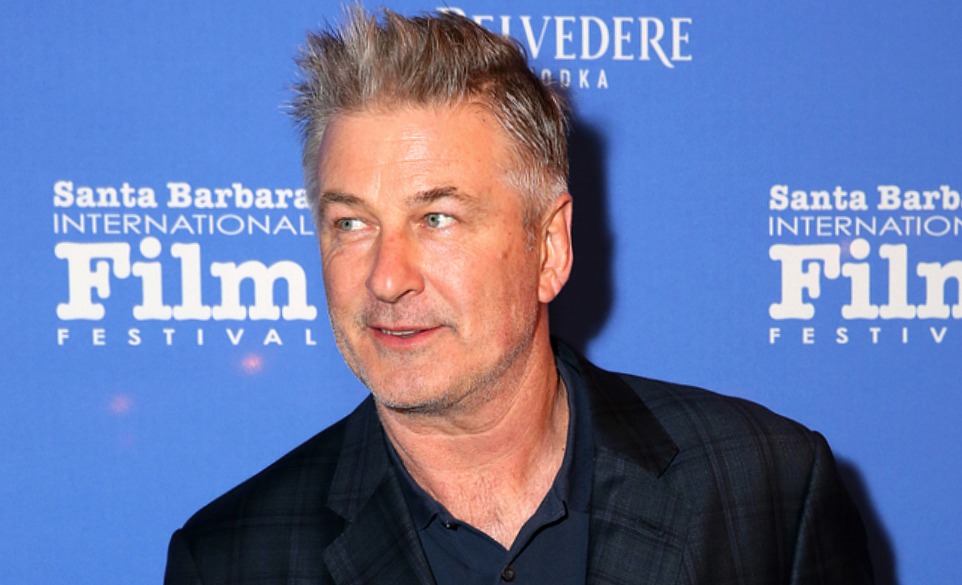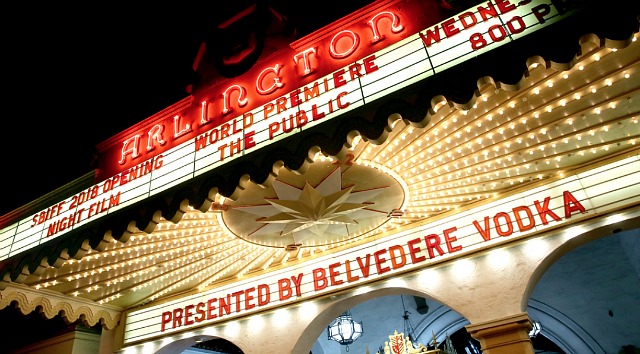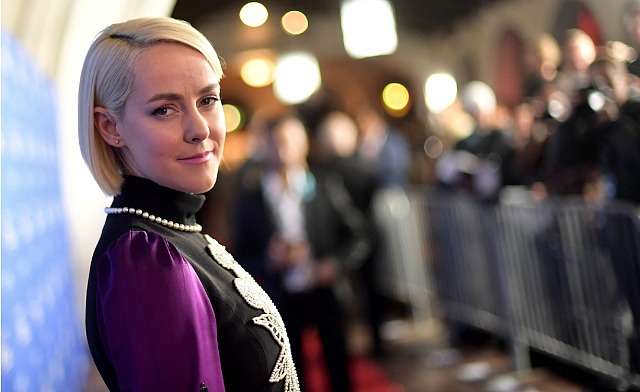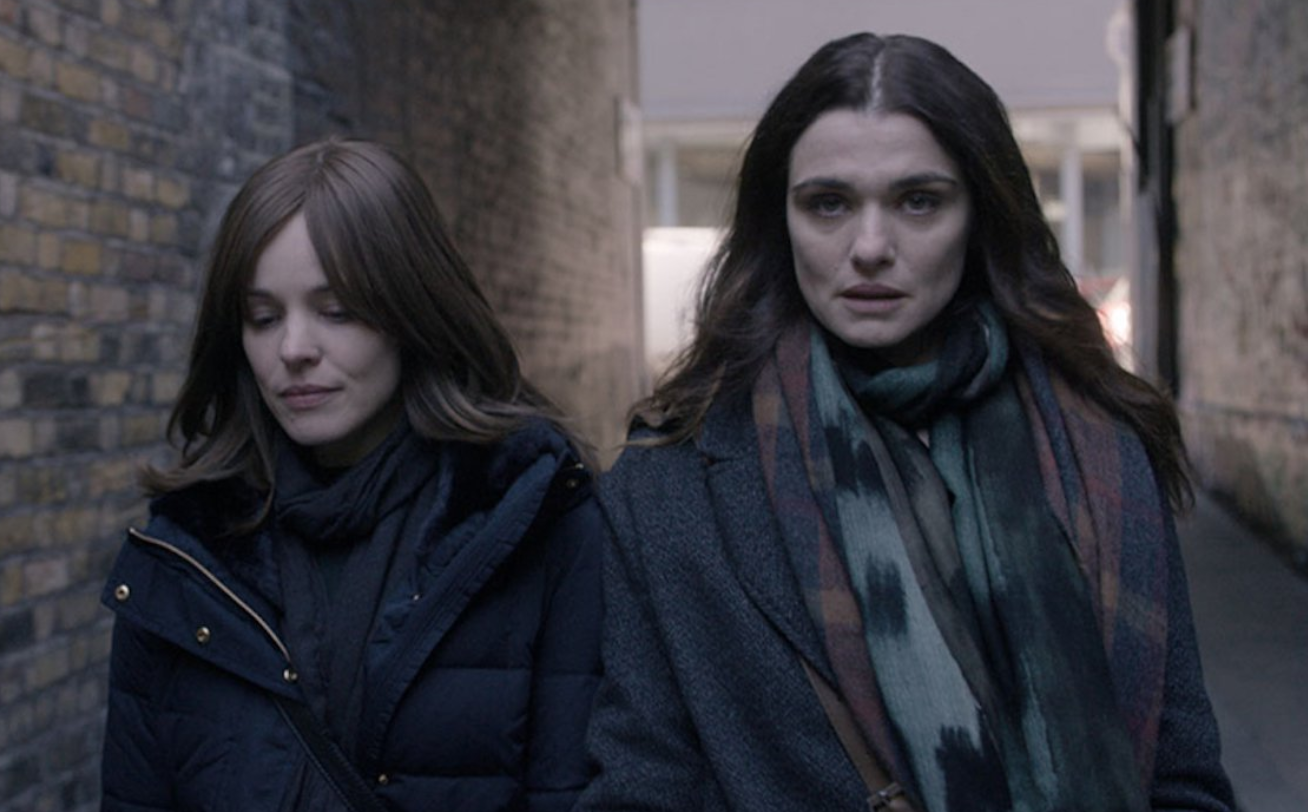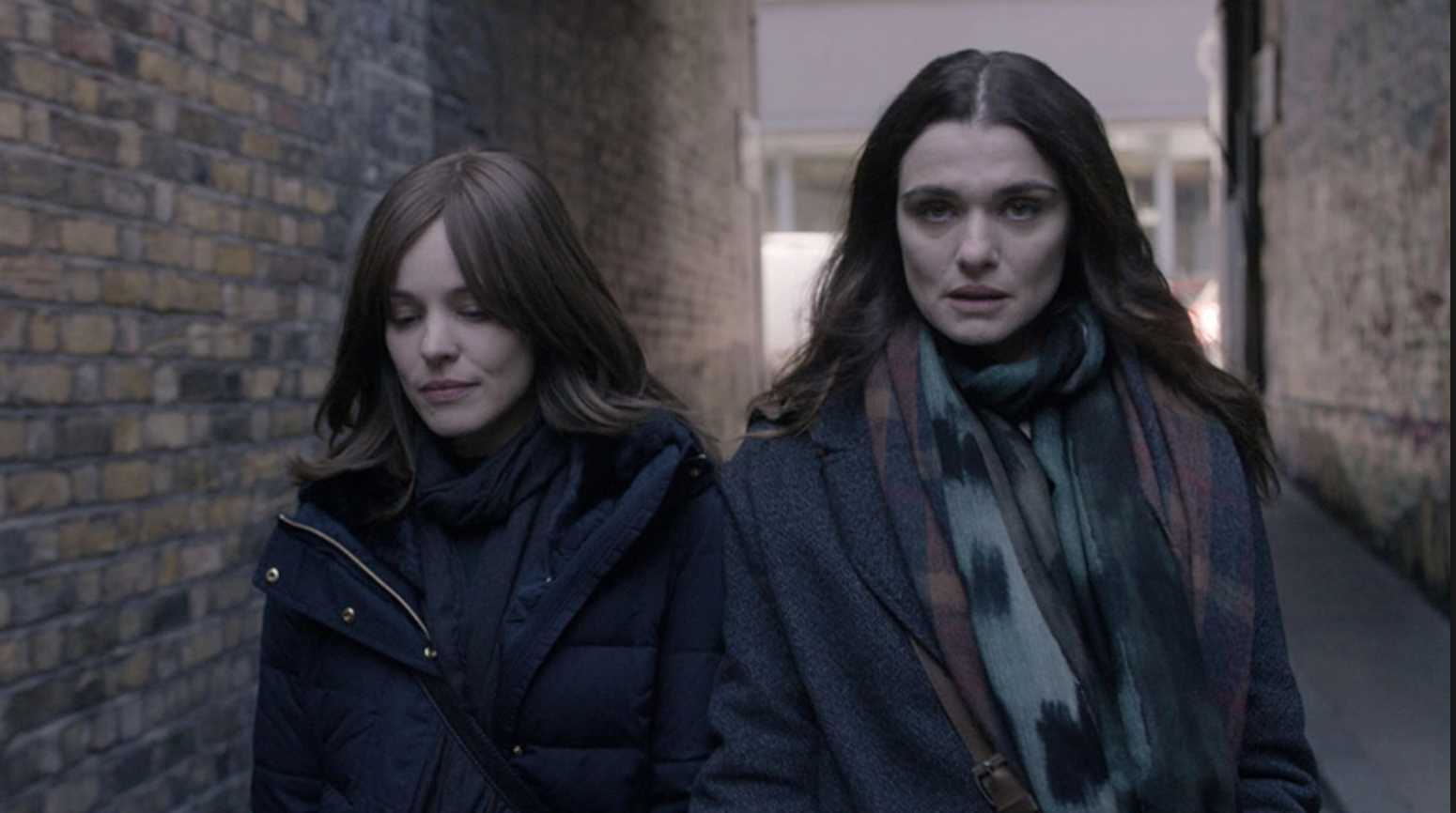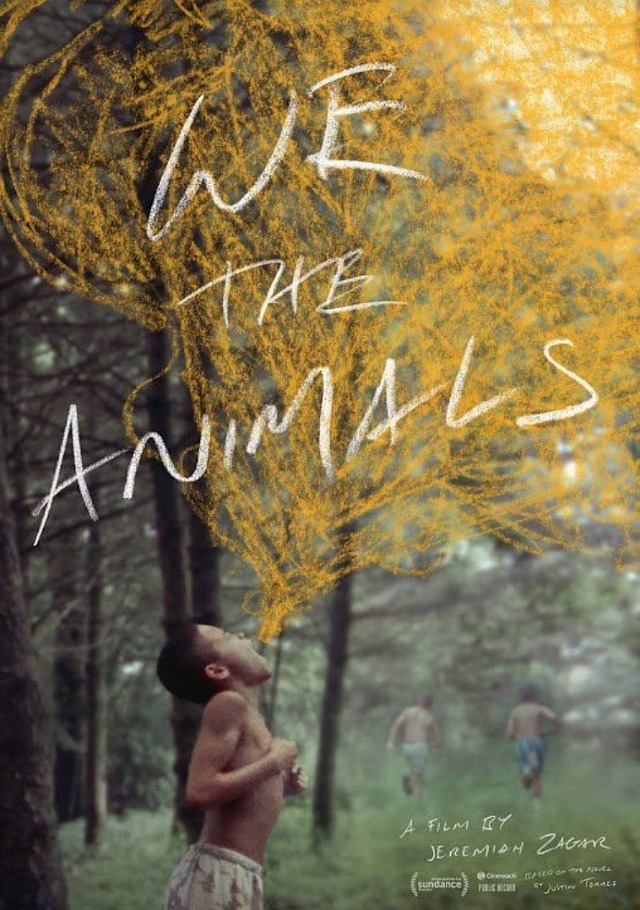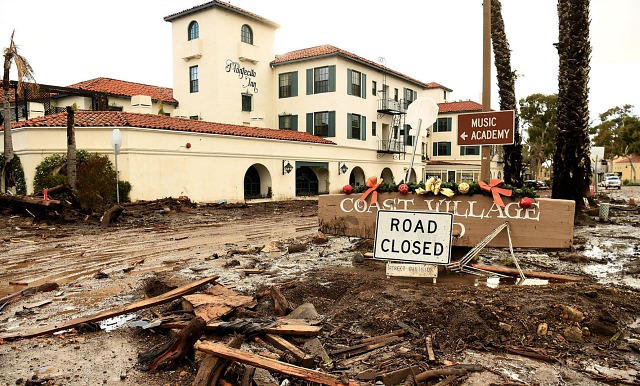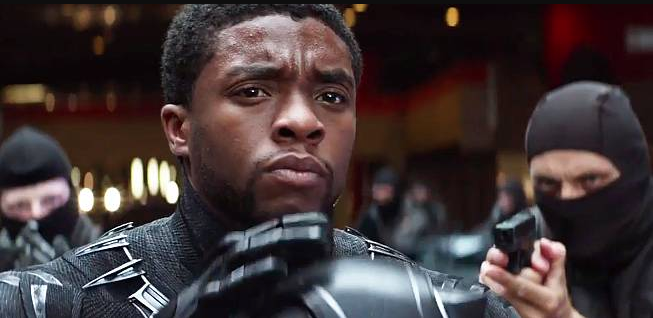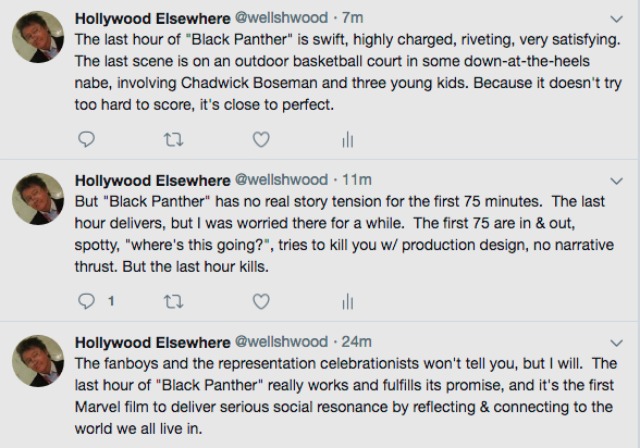A 1.31 N.Y. Times piece by “Carpetbagger” Cara Buckley asks, “Why Didn’t Steven Spielberg Get an Oscar Nomination for The Post?” I thought that question had been answered earlier this month. In this space, I mean.
“In some views, the failure to gain much awards traction is an indicator of a shifting Oscars landscape,” Buckley writes, “where Moonlight, a small independent film with an all-black cast, won Best Picture over the white-on-white spectacle of La La Land.”
Bullshit — Moonlight eeked out a win because a sufficient number of Academy members wanted forgiveness or better yet erasure on the #OscarsSo White thing, which peaked in early ’16.
“In this awards season especially, one distinguished by underdog stories and diversity in Lady Bird, Get Out and other pictures, The Post felt out of place,” Buckley explains. “For all of its important messaging, it remains a very white, very upper-middle-class film.”
Lester Friedman, author of “Citizen Spielberg,” tells Buckley that ‘this isn’t the year for a middle-of-the-road Hollywood drama.'”
Or, as I said in a 1.13 post called “Oscar Bait Movie Is Over,” “Oscar-bait movies are regarded askance by younger industry types plus the new guild and Academy members. This is probably why Steven Spielberg‘s The Post never caught on. People smelled Oscar-bait calculation from the get-go, and they don’t like the mindset (an “important” story or theme done classy, aimed at 50-plus types, bucks-up stars and screenwriters) and the “game” of it all.
“The 45-and-unders looked at this well-written, respectably made prestige flick with two boomer superstars (Meryl Streep, Tom Hanks) and said, ‘Where is it written that we all have to stand up and salute traditional Oscar-bait movies like little toy soldiers every fucking November and December?'”
Read more
